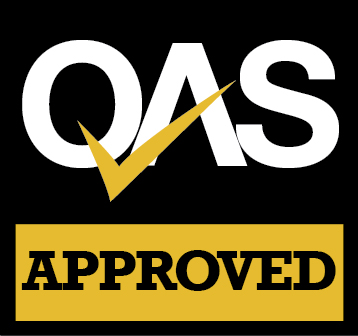Carbon Offset Standards
What types of carbon offset can I buy & what are their benefits?Carbon Footprint offers a broad range of offsetting products which fall into two categories; Certified Carbon Credits and Voluntary Carbon Credits.
Certified Carbon CreditsCertified Emission Reduction (CER) products are Kyoto Protocol compliant. They are fully traceable, and will have been verified by the United Nations (UN). Certified carbon credits can be purchased within our CER offering. Examples of standards within the compliance market are CDM, JI and EUAs, these are explained below:
|
CDM |
Clean Development Mechanism This standard produces emission reductions in developing countries, generating CER (Certified Emission Reduction) credits. They can be used to meet part of the emission reduction targets set for industrialised countries under the Kyoto Protocol. Under CDM projects are verified by 3rd Party auditors and reviewed, approved/ rejected by a CDM Executive Board. CDM requires strict additionality for certification of carbon offset projects and has been operational since 2006. |
JI |
Joint Implementation This standard produces emission reductions in other developed countries also with legally binding targets under the Kyoto Protocol.
|
EUA |
European Union Allowances Offsetting in this way reduces the amount of carbon dioxide allowance, available for the largest polluting companies to buy. The EUAs would otherwise be traded on to companies to help them to meet their emissions targets. By buying these types of offsets you are encouraging organisations to continue to make savings of CO2, and pushing the market to make it increasingly expensive for polluting companies to buy more credits. |
|
Voluntary Emission Reductions (VER) Carbon CreditsThe following is a list of the most commonly used international standards, used in the Voluntary Offset Market:
|
VCS |
This standard was developed by the Climate Group and International Emissions Trading Association (IETA). It provides real, quantifiable, additional and permanent projects based emission reductions. Credits are managed through registries to register, transfer and retire Voluntary Carbon Units (VCUs). |
Gold Standard VERs |
Gold Standard Verified Emissions Reduction (GS VER) Launched in May 2006 by WWF-UK (a nonprofit foundation). It is a simplified version of the CDM Gold Standard, using the same basic methodologies. Only available for projects in developing countries. They are focused on renewable energy and energy efficient projects with strong sustainable development benefits. |
VOS |
Voluntary Offset Standard Launched on the 28th June 2007 it is the latest voluntary standard to be released. It is based on the existing standards promoted by the UNFCCC. It brings the voluntary market up to the level of the regulated and standardized procedures of the (Kyoto) compliance market. VOS endorses the existing gold standard methodology. It meets and at some points exceeds CDM and JI standard. |
|
CCB |
This standard has been developed by the Climate Community and Biodiversity Alliance. It is for land based projects that can simultaneously deliver compelling climate biodiversity and community benefits. It uses methodologies of the intergovernmental panel on climate change good practice guidance (IPCC GPG) but can also use approved CDM methodologies for calculating carbon reductions/savings. See an example of a CCB accredited project here. |
Green-e
|
The Green-e logo is a US based, nationally recognized standard. It is the nation’s leading independent certification and verification program for renewable energy and companies that use renewable energy. |
For further reassurance, Carbon Footprint Ltd are independently audited under the Quality Assurance Standard (QAS). This is to ensure that the carbon offsetting we provide is of the highest quality in the offsetting industry and that carbon credit retirement is completed in an open and timely manner.


